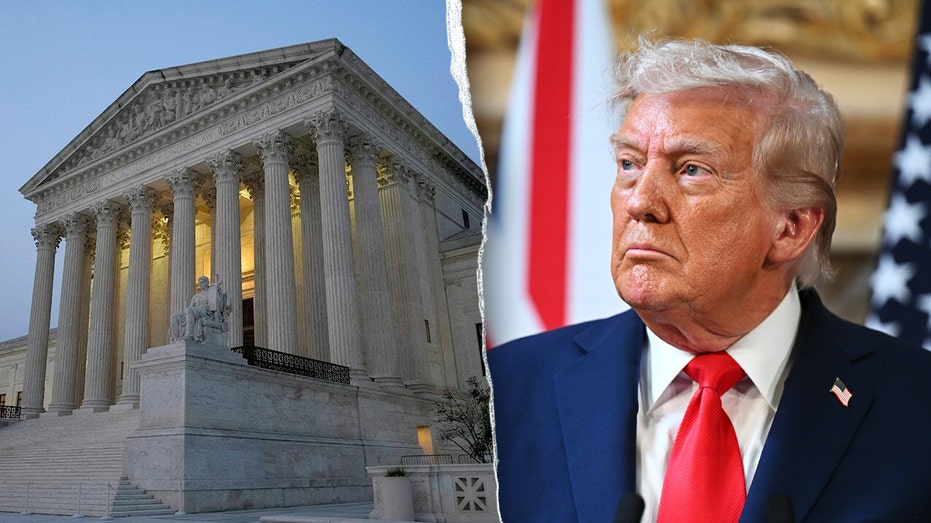A stark line has been drawn in the debate over the future of American education. The current administration has signaled a firm stance against what it characterizes as the pervasive influence of diversity, equity, and inclusion (DEI) initiatives within colleges and universities.
For years, a perception has grown that many institutions of higher learning lean heavily to the left, often accused of presenting a skewed historical narrative. Critics argue these environments cultivate an echo chamber, discouraging conservative viewpoints and fostering radical ideologies among students.
Recent events underscored this tension. Following a political assassination, memorials dedicated to a prominent conservative figure were defaced, and individuals working to preserve his legacy faced ongoing hostility. This atmosphere fueled concerns about the suppression of dissenting voices on campus.

The issue recently surfaced at two Catholic colleges in Minnesota. A joint job posting for a political science professor initially included a “demonstrated commitment to diversity, equity, and inclusion” as a mandatory qualification for applicants.
However, after facing immediate criticism, the colleges quietly removed the requirement from the advertisement. The change occurred within 24 hours of inquiries from concerned parties, suggesting a sensitivity to the growing scrutiny of DEI policies.
This incident reflects a broader national trend. The administration has actively worked to dismantle DEI programs across the federal government, with a particular focus on educational institutions.
The Department of Education’s Office for Civil Rights issued a warning to schools, threatening the loss of federal funding for any institution utilizing race in admissions, hiring practices, or training programs. The administration alleges a pattern of “toxic indoctrination” centered around narratives of systemic racism.
Further directives were issued to prestigious universities like Harvard and Columbia, demanding external audits to assess “viewpoint diversity,” restrictions on student groups, and cooperation with federal security agencies. Columbia responded by complying with the requests, while Harvard initially resisted, leading to a freeze on billions in grant funding.
Across the country, a wave of legislation is reshaping the landscape of higher education. Twenty-two states have already enacted bans on DEI initiatives within public universities, with another twelve considering similar measures. These laws aim to prohibit equity-driven classes and programming imposed on students and staff.
The unfolding situation represents a significant challenge to the established norms of many universities, forcing them to confront questions about academic freedom, ideological balance, and the role of government funding in shaping educational priorities.





